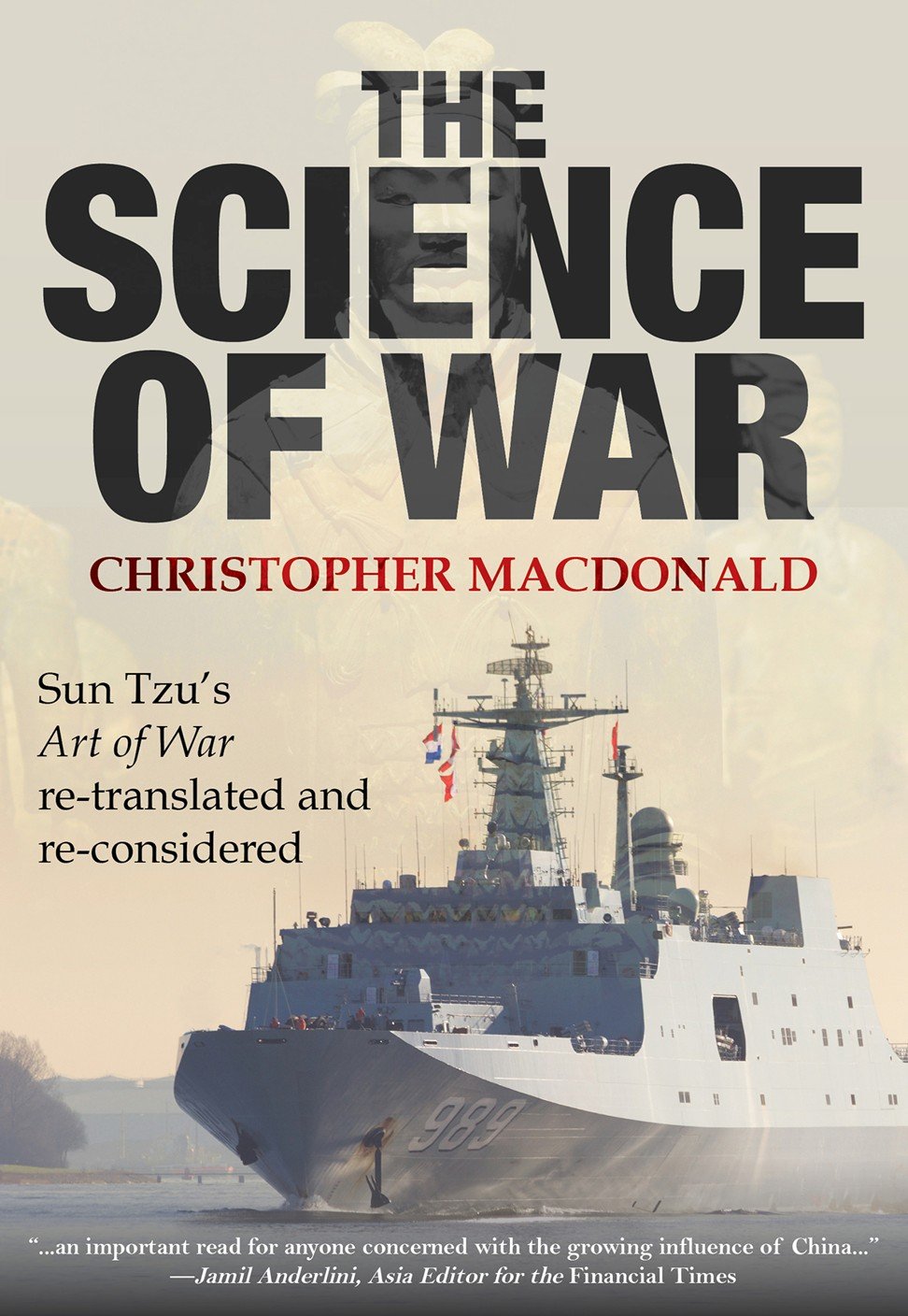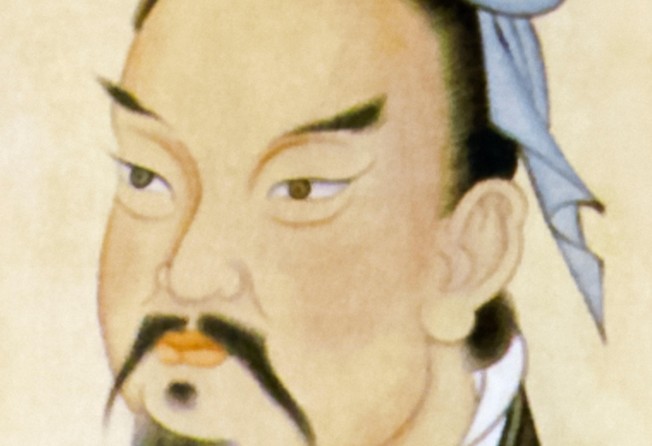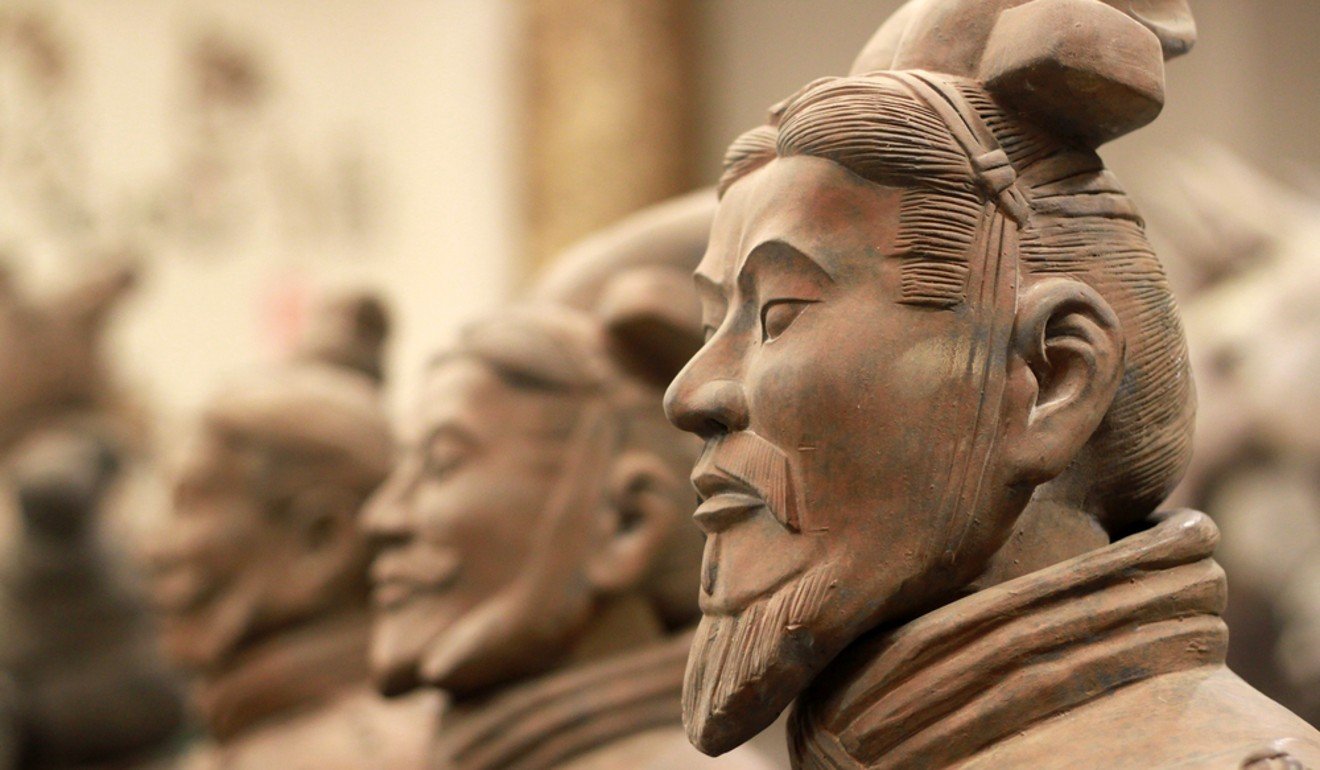
Chinese military classic The Art of War gets revealing new translation – book review
Christopher MacDonald’s The Science of War gives a clean, straightforward and readable version of Sun Tzu’s famous work The Art of War and provides a fascinating discussion on its origins and theories

The Science of War: Sun Tzu’s Art of War Re-translated and re-considered
by Christopher MacDonald
4/5 stars
Every young pup sent to East Asia is probably given Sun Tzu’s The Art of War to read, especially if one is male, and especially if one’s boss is both male and Chinese. Anyway, I was.
I found it a work of pithy aphorisms which, while undoubtedly useful, seemed – once stated – like common sense rather than revelatory. “Move only when it suits your purpose. Otherwise stay put,” is one example in Christopher MacDonald’s new translation.
For those that do not know Sun Tzu, even by reputation, MacDonald writes that: “The original work, dating from the decades before and after 300 BC, was the most systematic exploration of military philosophy, strategy and tactics of its era, and to this day it remains probably the most profound and comprehensive single volume on these topics.”
It is a common text in military academies and is recommended as a guide to success in any competitive activity, from business to sport.
Regardless or perhaps because of its ubiquity, one might question whether the English-reading public needs a new English translation of The Art of War. But as is perhaps evident from the rechristened title, The Science of War, MacDonald takes issue with some of the ways previous translations have rendered parts of the text, and perhaps with reason: the extensive translator’s note is interesting and persuasive.

However, it is hard to imagine that many English readers engage with Sun Tzu with this degree of explanation.
The value of the work for most lies in the various sayings’ accessibility and ability to provoke reflection, in which “allusion is preferred to direct reference, and fuzzy reasoning trumps raw logic, the use of complementary opposites helps to stretch the imagination, challenging the reader to explore for deeper patterns in the material and grasp abstractions that may be new and unusual”.
MacDonald attributes this to classical Chinese, but surely all the best admonitions have this character. The wisdom in Sun Tzu – not unlike that in, say, the Bible – while not perhaps independent of the original meaning of the source text, will for the most part transcend linguistic nuance.
The English in this version is nonetheless clean, straightforward and readable. And so if one has never read Sun Tzu, or needs a new copy, one could do far worse than to use this one.
Sun Tzu is, as leadership manuals go, extremely concise – the translation is only some 70 pages – hardly surprising since books of that era “were comprised of bamboo slats (each a little wider and longer than a chopstick) bound into rolls by silk thread, with script written top-to-bottom in soot-black ink”.
And the English is relatively wordy; MacDonald includes the original Chinese as well, which comes in at less than one-third the length.
But the bulk of this new volume, and probably its raison-d’être for those who are neither Chinese scholars nor looking for a management primer, are several lengthy essays from MacDonald placing the text in context, including a fascinating discussion on its origins and theories as to its authorship; how the text was (or may have been) used by military leaders down the ages; and what the text might tell us about contemporary China. These are accompanied by three contributed academic prefaces and the translator’s note.

But the big question is whether a study of Sun Tzu helps understand contemporary Chinese policy. The simple answer is that since one can reasonably assume the entire Chinese leadership has studied it, it can’t hurt.
Yet, while MacDonald’s description and analysis of Chinese policy and strategy is well worth reading, much of Sun Tzu itself appeals to common sense, and as a result the predictive value of the work may be limited. Indeed, one of the key principles, says MacDonald is to “be flexible and unpredictable”.
Or, as is attributed to Barack Obama: “Don’t do dumb stuff.”
The Art of War remains an excellent primer and aide–mémoire, well worth reading (or rereading). One can only hope (against hope) that the American delegation to the (on-again, off-again) summit with North Korea refers to it rather than The Art of the Deal.